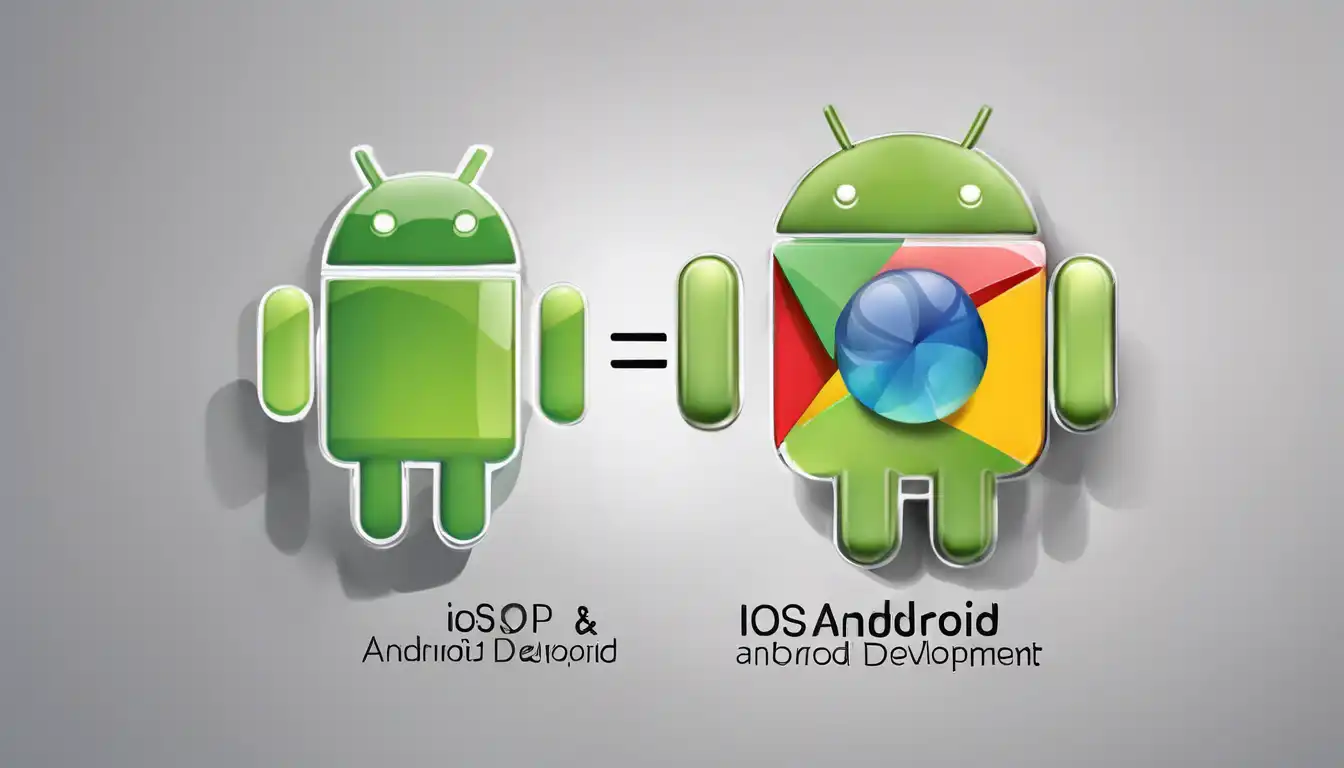Introduction to iOS and Android Development
In the realm of mobile app development, iOS and Android stand as the two dominant platforms. Each offers unique opportunities and challenges for developers. Understanding the differences between iOS and Android development is crucial for anyone looking to enter the field or expand their skill set.
Development Languages
One of the most significant differences lies in the programming languages used. iOS development primarily relies on Swift or Objective-C, while Android development uses Java or Kotlin. This distinction affects not only the learning curve for new developers but also the performance and capabilities of the apps.
Development Environments
iOS developers use Xcode, Apple's integrated development environment (IDE), which is only available on macOS. Android developers, on the other hand, use Android Studio, which is compatible with Windows, macOS, and Linux. This accessibility can influence a developer's choice of platform.
Design Guidelines
Apple and Google have distinct design philosophies. iOS apps follow Apple's Human Interface Guidelines, emphasizing simplicity and elegance. Android apps adhere to Material Design principles, focusing on a more flexible and adaptive interface. These guidelines impact the user experience and app aesthetics.
Market Share and Monetization
Android holds a larger global market share, offering a broader audience but also more fragmentation in terms of devices and OS versions. iOS users tend to spend more on apps, making it a lucrative platform for monetization. Developers must consider these factors when choosing a platform.
App Approval Process
The App Store is known for its stringent review process, which can delay app launches but ensures a certain level of quality. The Google Play Store has a more lenient approval process, allowing for quicker releases but potentially lower quality control.
Conclusion
Choosing between iOS and Android development depends on various factors, including target audience, monetization goals, and personal or team expertise. Both platforms offer unique advantages and challenges, making them equally compelling for different reasons.
For those interested in diving deeper into mobile development, exploring our resources can provide valuable insights and tools to get started.
